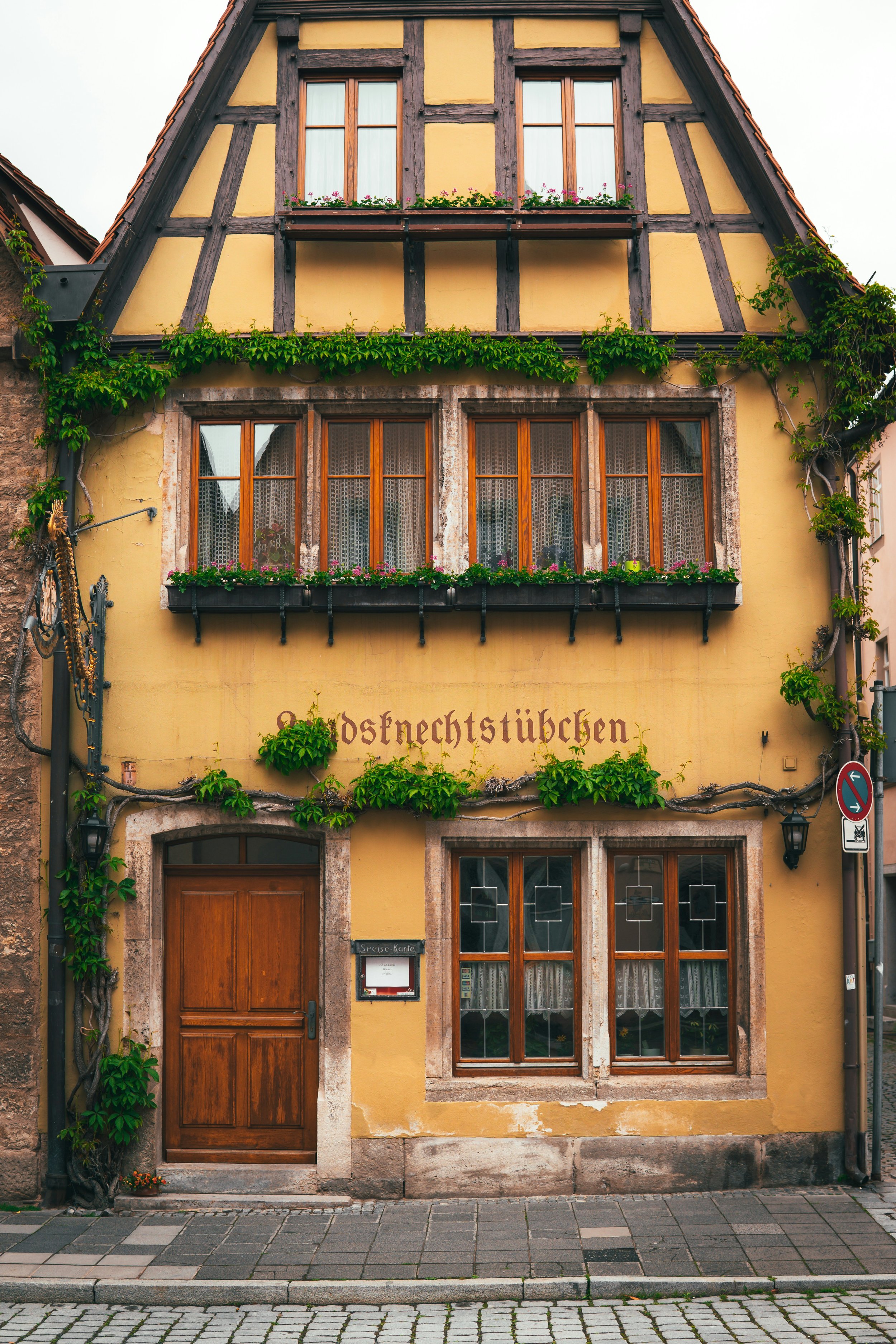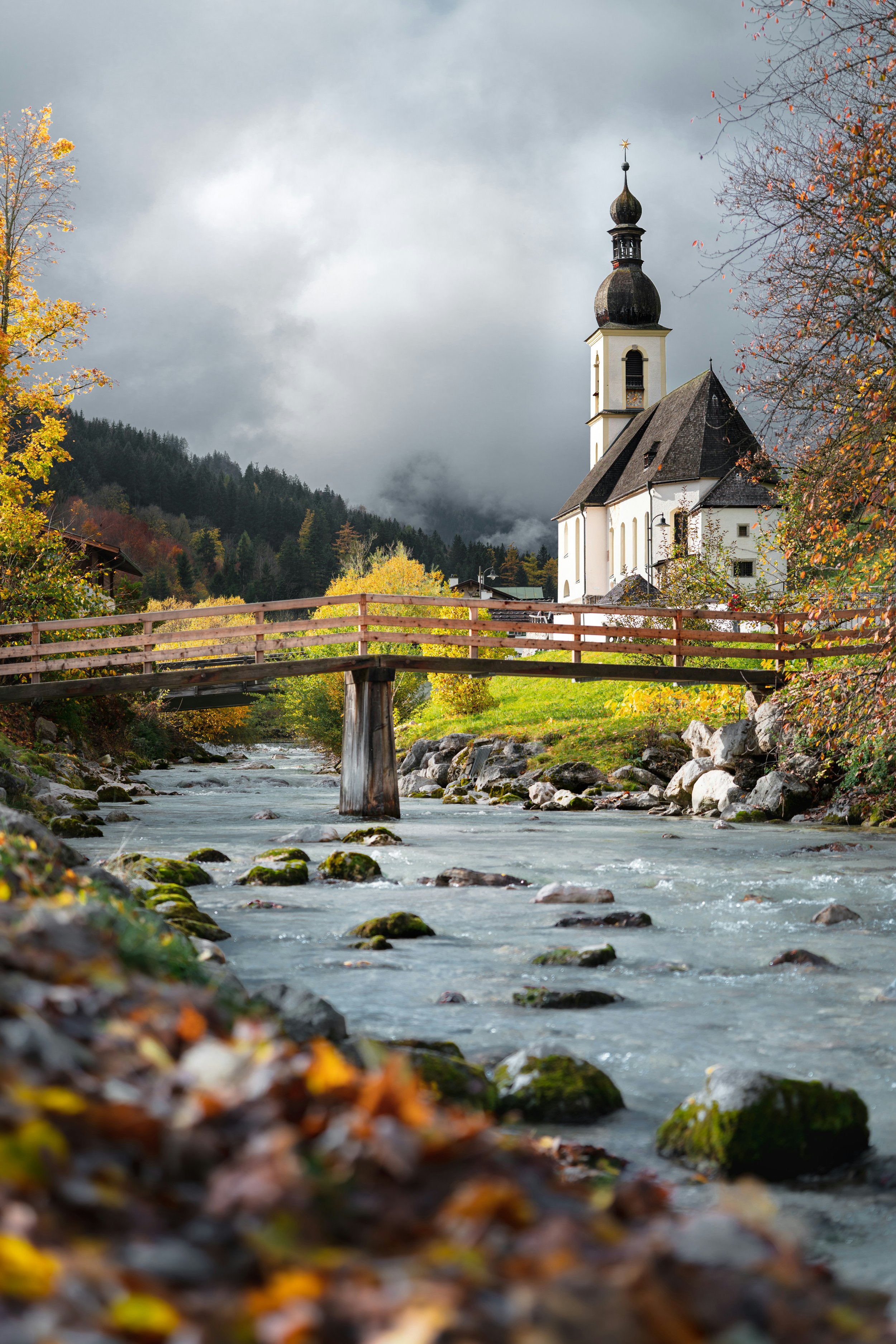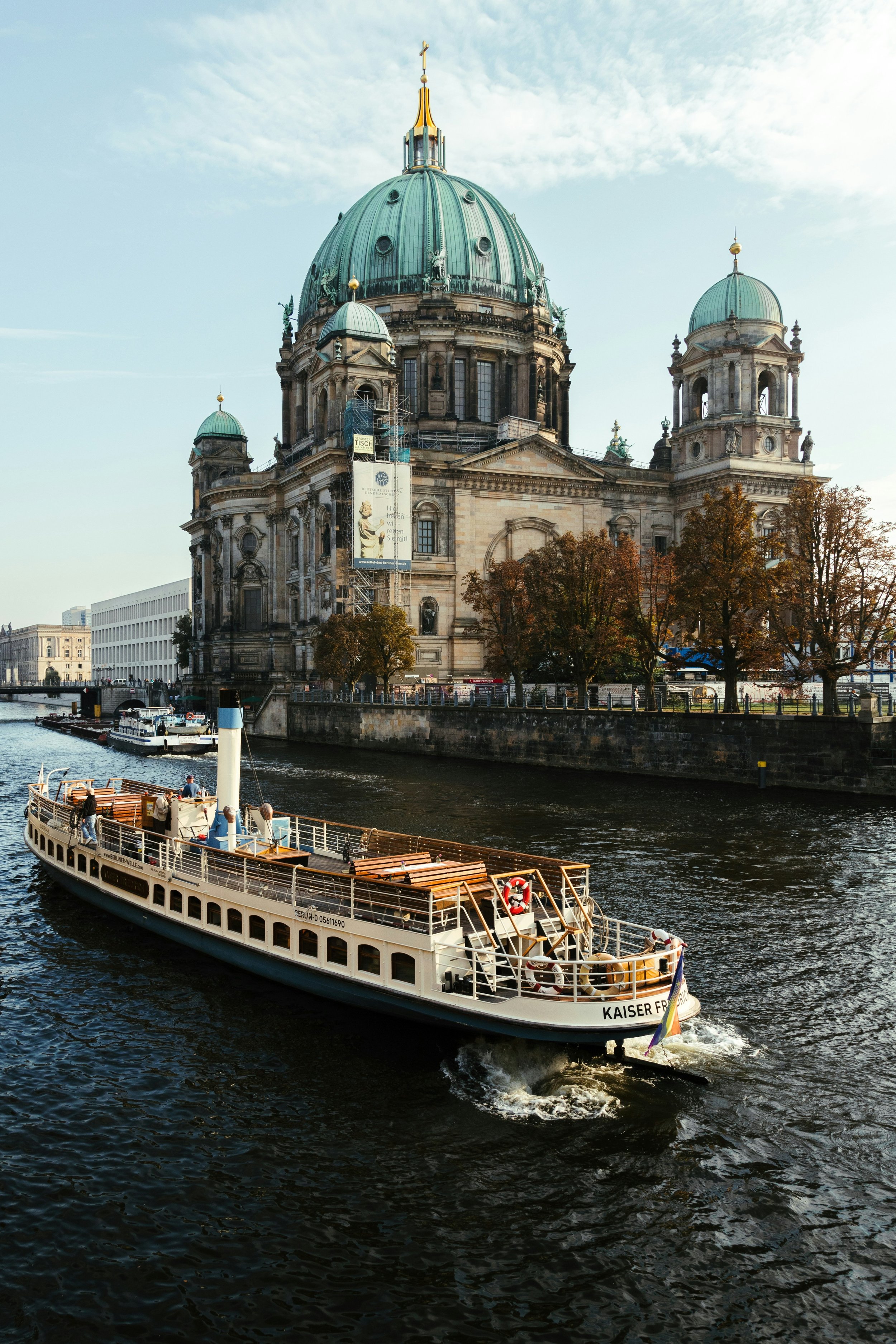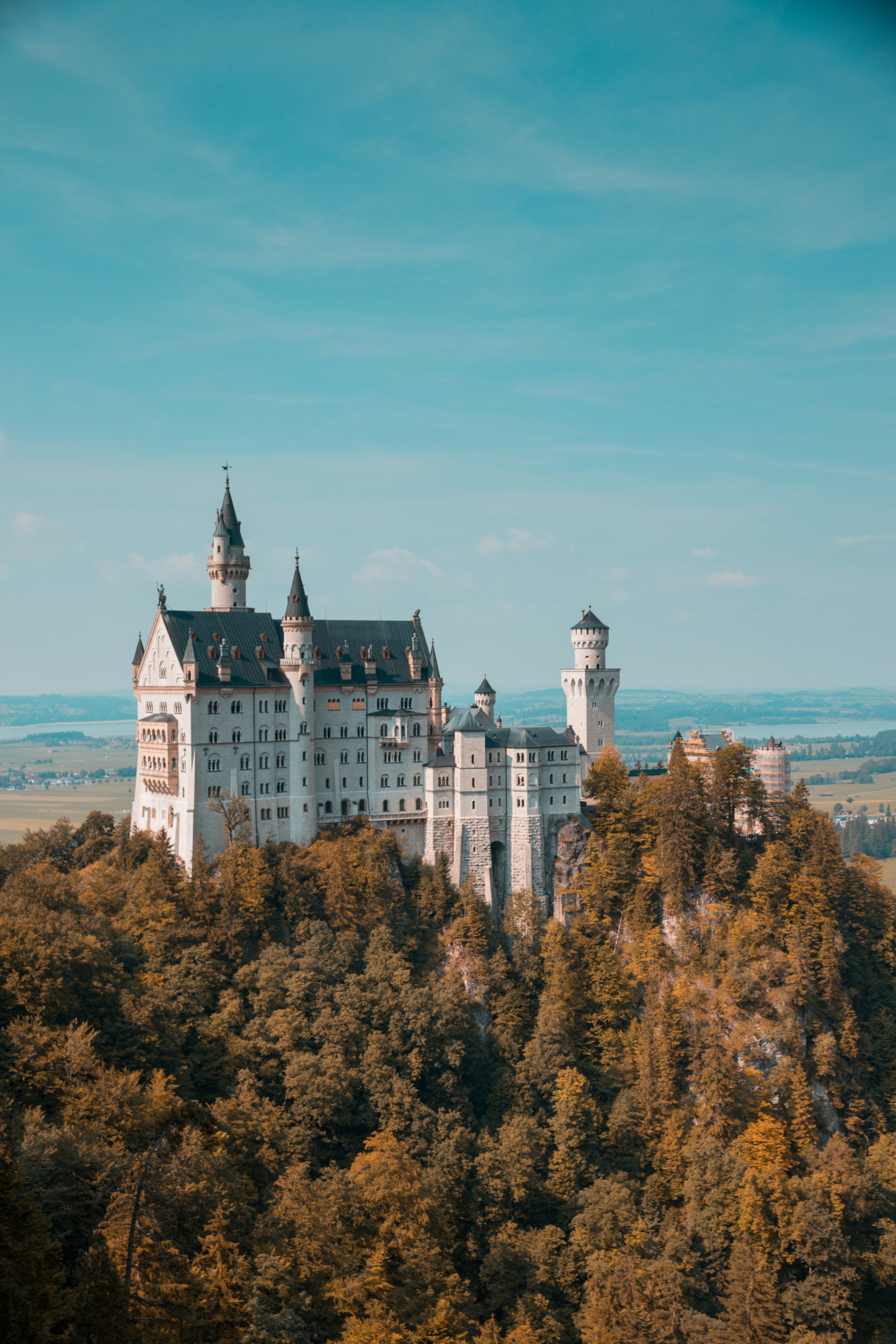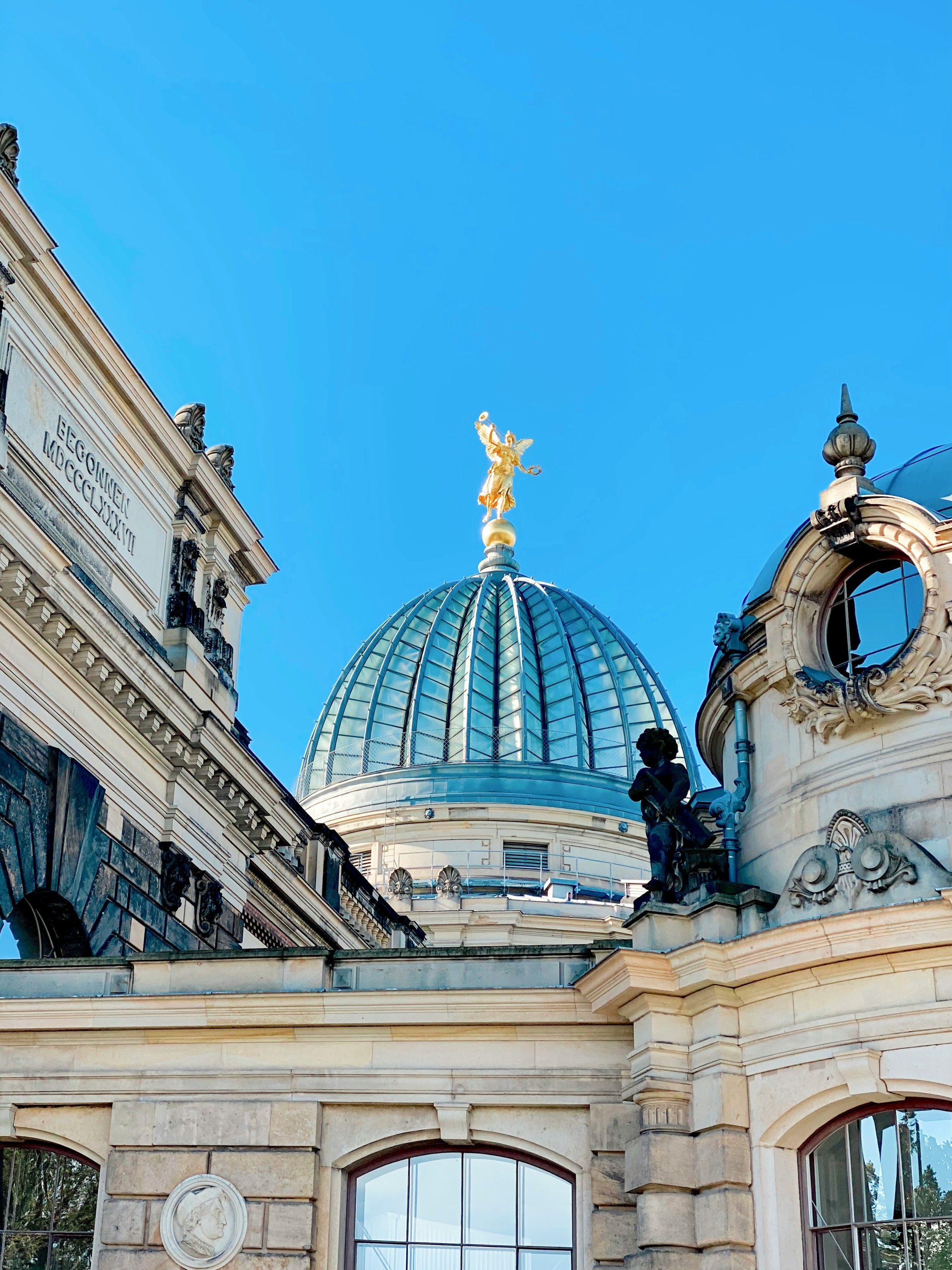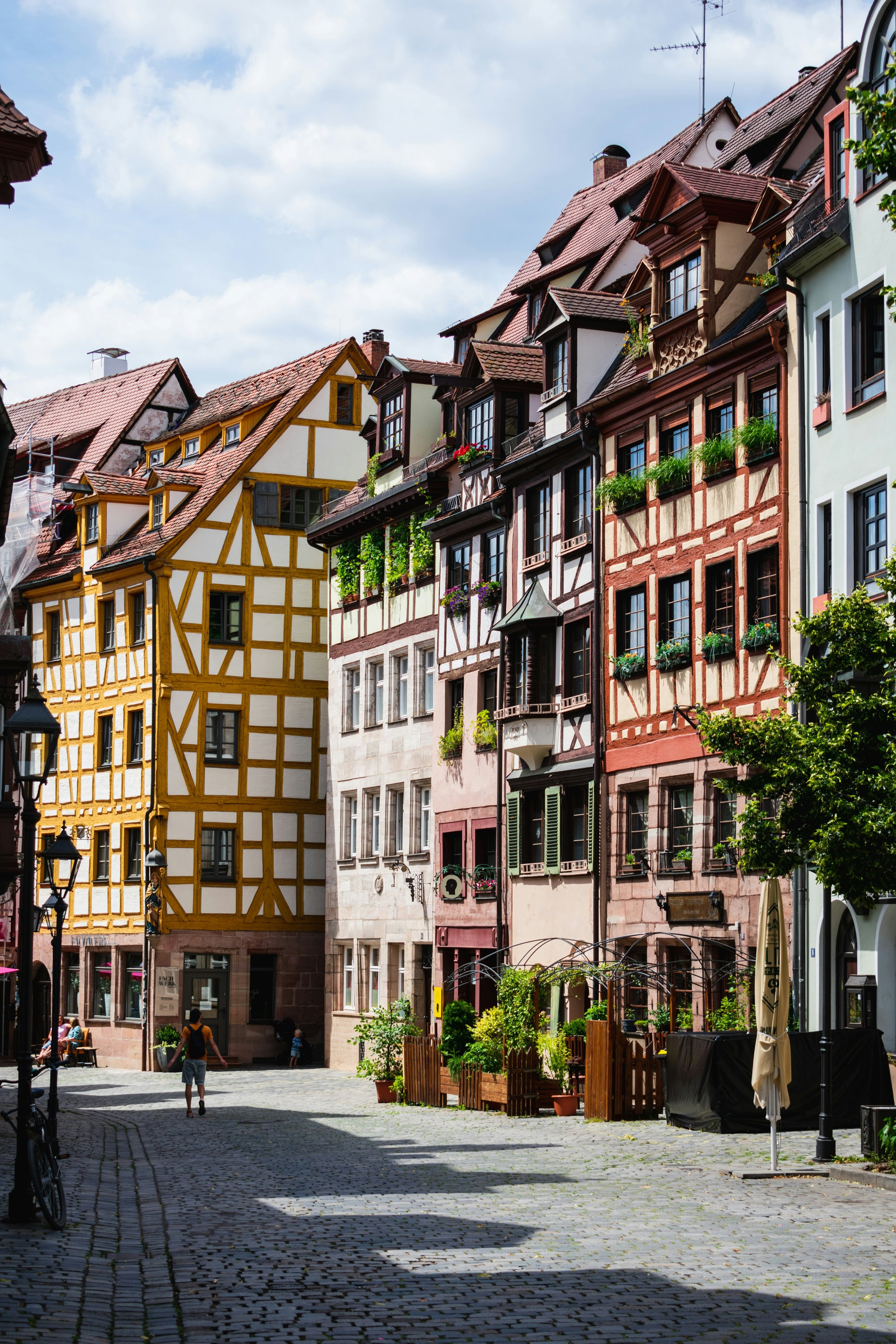Welcome to Germany
Germany, located in the heart of Europe, is known for its rich history, cultural heritage, and strong economic influence. As one of the leading industrialized nations in the world, it is also a hub of innovation and tradition. Germany’s picturesque landscapes, historic cities, and efficient infrastructure make it a compelling destination for both residents and visitors alike.
-
Germany has a population of approximately 84 million people, making it the most populous country in the European Union. Most of its population is concentrated in urban areas such as Berlin, Munich, Hamburg, and Frankfurt.
-
Germany has an aging population, with a median age of about 46 years. Low birth rates and increased life expectancy have led to a growing elderly demographic, which presents challenges for the country's social welfare systems and labor market.
-
Germany’s population is predominantly of German ancestry, but the country is increasingly multicultural due to immigration. Significant communities include Turkish, Polish, Syrian, and other immigrant groups, along with a small but historically significant Jewish community.
-
Germany has one of the largest economies in the world, driven by industries such as manufacturing, automotive, and technology. While it enjoys a high standard of living, challenges like regional economic disparities and housing shortages in urban areas remain.
-
German is the official language and is spoken by the vast majority of the population. English is widely taught and understood, especially among younger generations and in urban areas. Minority languages, such as Turkish and Polish, are also spoken within immigrant communities.
-
Germany boasts a literacy rate of nearly 100%, supported by a robust education system that includes free access to public schools and universities. Vocational training programs are also highly regarded, offering students pathways to technical and skilled careers.
-
Germany has a comprehensive healthcare system that provides universal coverage through public and private insurance. The system is renowned for its quality, though aging demographics are increasing pressure on resources and costs.
-
About 77% of Germans live in urban areas, with cities characterized by efficient public transportation, modern utilities, and sustainable development. Germany's infrastructure is highly developed, supporting its industrial economy and high standard of living.
-
Germany is a top tourist destination, drawing millions annually to its historic landmarks, cultural festivals, and natural attractions. The tourism sector significantly contributes to the economy, with cities like Berlin and Munich as highlights, along with scenic regions like the Black Forest and Bavarian Alps. Efforts to promote sustainable tourism are increasingly important to preserve these assets.






